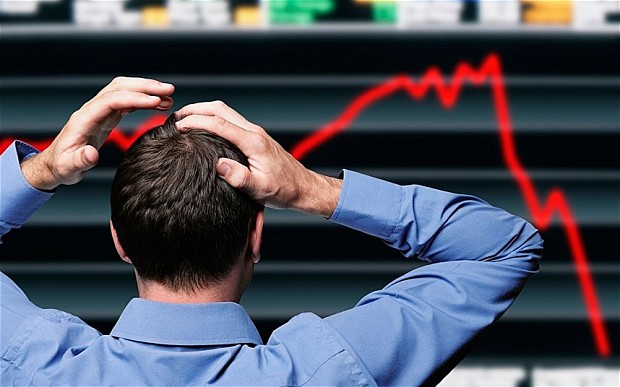
As the stock market seesawed on Monday, with some stocks reversing their early-day sell-offs into the close, CNBC’s Jim Cramer pointed out some under-the-radar reasons for the moves.
Concerns around rising interest rates may have been the most obvious — higher inflation and rising rates tend to slow the economy — but the “Mad Money” host said several other factors were at play in Monday’s odd trading session.
First, the bond market was closed due to the federal holiday, so investors looking for recession-proof deals turned to stock-picking in European and Asian markets, Cramer said.
But those markets “were all crushed — Europe because of Italian worries, Asia because China’s stock market got obliterated,” he explained.
“Those who don’t know anything except that they like to trade off of overseas markets, they just sold, sold, sold,” he said. “That worked until the afternoon when other buyers came in, oblivious to Europe and Asia, … and instead, these people just wanted to get some bargains in an oversold market. That prevailed a lot in the last hour and a half.”
Second, Cramer noticed some “insane” downward action in exchange-traded funds holding shares of the cloud kings, stocks like Salesforce.com and Adobe.
Shares of all seven cloud kings sank significantly on Monday because they trade “together in a basket, which was probably set up to take advantage of exactly what we’ve noticed: there are a group of stocks that are super growth-oriented and they can be bought and sold together,” the “Mad Money” host said.
Third, a new line of thinking has bubbled up on Wall Street, one that says interest rates have overshot their sustainable levels. And while the Federal Reserve insists that this thesis is wrong, Cramer said it could have an important effect on stocks.
“If long-term rates stabilize here, … guess what? You could see a humongo rally, and these managers want to capture those potential gains,” he said. “That’s what helped us in the afternoon.”
Finally, investors are starting to realize that stocks are oversold, which leads them to start checking items off their stock-picking shopping lists.
“We’d been going down to the point where many people who’ve been waiting to do some buying finally came in and did some buying,” Cramer said. “That’s money management 101.”
All in all, Monday’s action seemed to be a battle between investors’ varying interpretations of the Fed’s rate hike agenda, Cramer explained.
“Money managers who believe the Fed is going to overshoot bought slowdown stocks like PepsiCo and Kimberly-Clark and they sold the industrials,” he said. “Money managers who think the Fed has lost control and inflation will keep rising sold the turbo-charged growth stocks.”
“Everything kind of went off-kilter, hopelessly magnified because today was a bank holiday,” he continued. “The bottom line? We saw a lot of different cross-currents at work today, but you have to be careful extrapolating from the action on a federal holiday. We will know more when the bond market opens tomorrow.”

